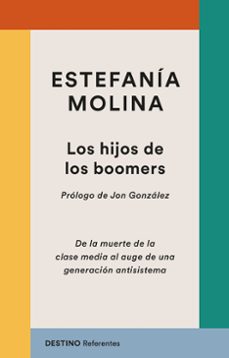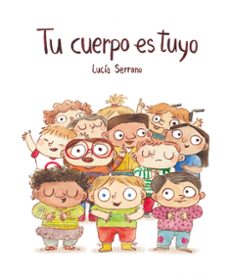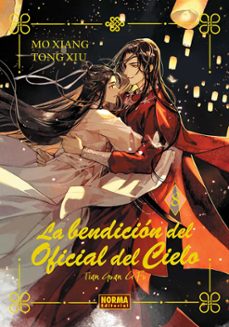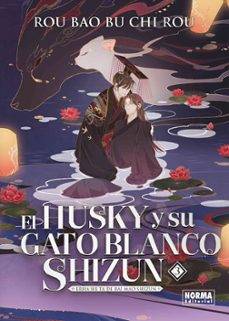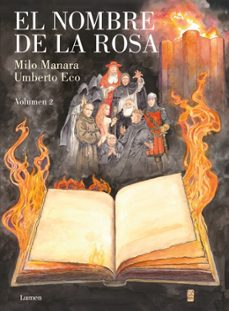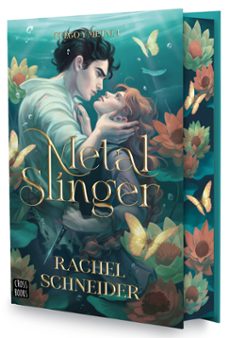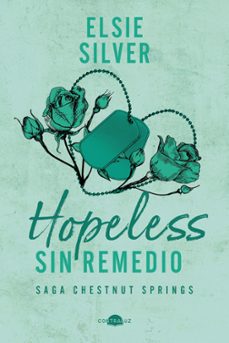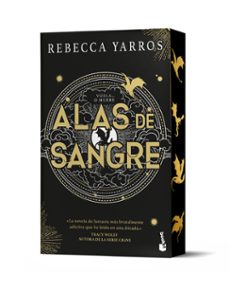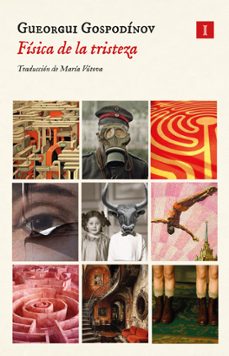📗 Libro en inglés PARASYTE FULL COLOR COLLECTION 6
KODANSHA AMERICA- 9781646516445
Sinopsis de PARASYTE FULL COLOR COLLECTION 6
The sci fi horror manga classic returns with an updated translation and lettering in a fully colorized premium quality hardcover for the first time If you ve never read the story of Shinichi and the polite and murderous creature infesting his right arm or even if you already own the series there s never been a better way to collect it Presented in eight volumes containing about 300 pages of manga each Shinichi s fragile peace has shattered The humans who know of the parasites are starting to make their move and the parasites themselves are beginning to cooperate and dispose of loose ends With his human mind and parasite arm Shinichi is a threat they can no longer ignore His strange connection with the parasite Reiko Tamura continues to haunt him Hunted by parasites with human authorities edging ever closer to discovering him Shinichi will have to keep his wits about him to survive For more than 30 years new generations of readers have been riveted to this unlikely buddy story that unfolds amid a world of monstrosities that never stay hidden for long Since its first release in 1988 Parasyte has inspired live action films spinoffs and in 2015 a global hit anime series The Full Color Collection presents Hitoshi Iwaaki s original manga in hardco
Ficha técnica
Editorial: Kodansha America
ISBN: 9781646516445
Idioma: Inglés
Número de páginas: 272
Tiempo de lectura:
5h 35m
Encuadernación: Tapa dura
Fecha de lanzamiento: 01/01/2024
Año de edición: 2024
Especificaciones del producto
Escrito por Hitoshi Iwaaki
Nacido en 1960 en Tokio. Tras empezar como asistente de Kazuo Kamimura (Lady Snowblood), su primera obra fue Fuuko no iro mise, con 4 volúmenes publicados entre 1986 y 1988. En 1990 empezaría la serialización de Parasyte, que se extendió hasta 1995 y se recopiló en 10 volúmenes, 8 en su edición definitiva. Con él ganó el premio Kodansha al mejor manga en 1993. Posteriormente dibujó Tanabata no kuni (1997-2000, 4 volúmenes), Yuki no touge, tsurugi no mai (2001), Eureka! (2002) y, desde 2003, se encarga de Historie, manga que fue galardonado en el Japan Media Arts Festival en 2010 y en 2012 se hizo con el Premio Cultural Osamu Tezuka en la categoría de Gran Premio.
Descubre más sobre Hitoshi Iwaaki Recibe novedades de Hitoshi Iwaaki directamente en tu email
Opiniones sobre PARASYTE FULL COLOR COLLECTION 6
¡Sólo por opinar entras en el sorteo mensual de tres tarjetas regalo valoradas en 20€*!
Los libros más vendidos esta semana

Bolsillo
PACK CLARISSA PINKOLA ESTÉS (CONTIENE: MUJERES QUE CORREN CON LOB OS; EL BAILE DE LAS MUJERES SABIAS)
Clarissa Pinkola Estés









